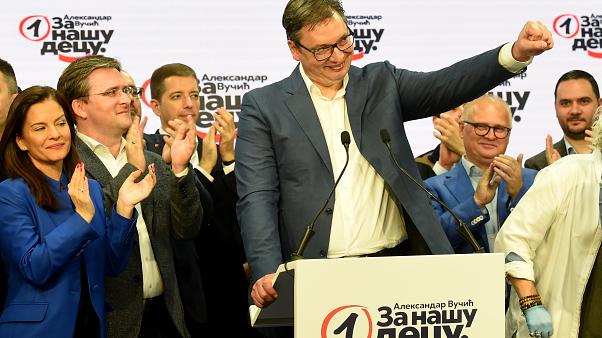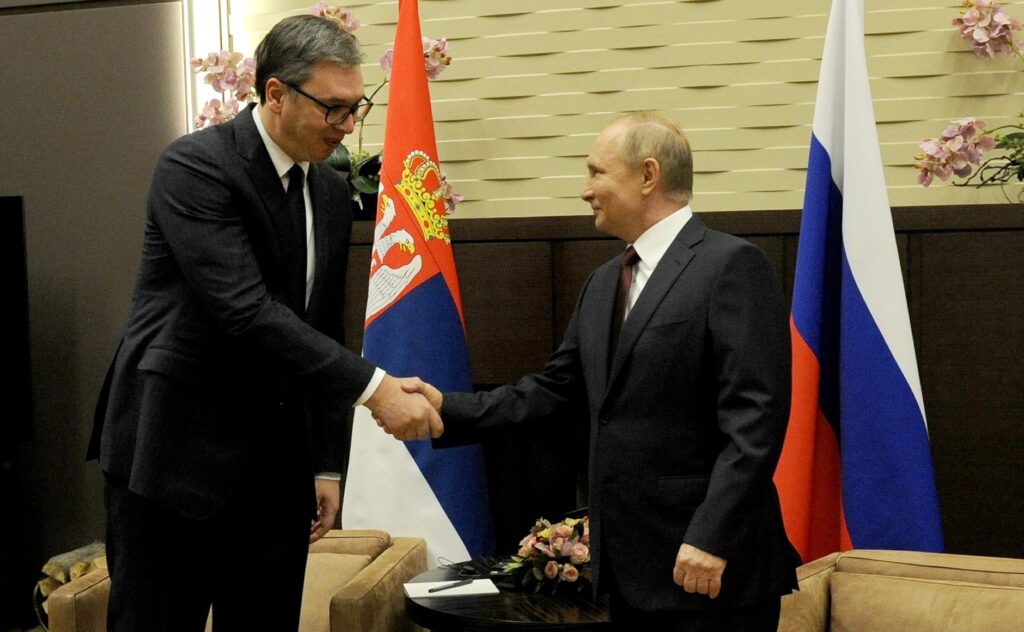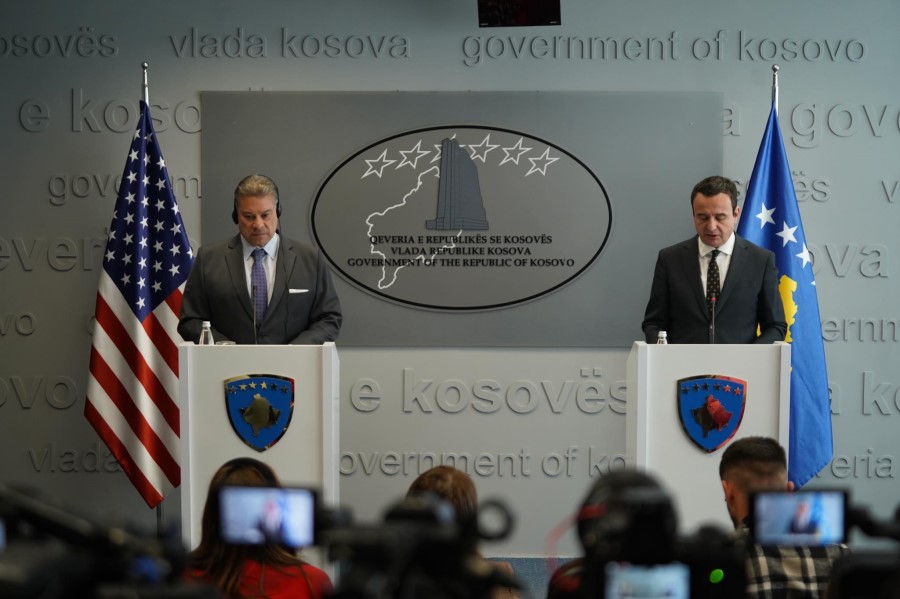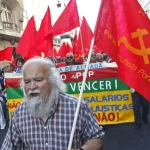The possibility of a deterioration in relations between two parties that make up Serbia’s ruling coalition—the Progressive Party of Serbia, which is led by the country’s president, Aleksandar Vucic, and the Socialist Party of Serbia, whose leader is the minister of foreign affairs, Ivica Dacic—has recently received a lot of attention. The media’s assumptions are based on social media posts in which certain ministers from both parties called for elections, while it is unknown whether there are actual splits in the governing coalition or whether everything that is happening, is just political play. The media also reported for Progressive Party meeting, held behind closed doors where Vucic expressed his displeasure with the socialist coalition partner.
The scenario of the potential collapse of the coalition in Serbia and the opening of the possibility for early elections also emerged immediately after the Prime Minister of Kosova, Albin Kurti, via a post on Twitter, declared that Kosova has accepted the European Union’s proposal for the normalization of relations between Kosova and Serbia, considering it as a good basis for moving forward. Kurti is seen in the photo discussing with the EU special envoy, Miroslav Lajcak.
Official Belgrade, on the other hand, has asked for a compromise to be reached within the parameters of the accord but has not made it clear what kind of compromise is asking for. It is very evident that, up until this point, the official Belgrade has not adhered to the majority of the agreements established between the two parties in Brussels. Ivica Dacic, the chief diplomat for Serbia and a coalition partner, has consistently stated that the key stances of the Serbian leadership regarding the recognition of Kosova and the imposition of sanctions against Russia will never change.
Since early elections are nothing new for the Serbian state, they might be seen as a last-ditch effort to avoid the agreement with Kosova that the EU has proposed, knowing that pressure will intensify in the coming days. It is unclear, however, if the EU and the USA will accord to early elections in Serbia at a time when foreign diplomats are working hard to achieve the EU’s proposed normalization agreement between Kosova and Serbia.
If the governing coalition in Serbia collapsed and early elections were called, the Assembly would be dissolved on the day the election date was set and pre-election activities would carry on. The EU proposal would consequently not be taken into account. Because the concept of dissolving the coalition and holding early elections appears to be motivated by the Serbian government’s resistance to the EU’s proposal for a deal between Kosova and Serbia. Meanwhile, Serbian media speculates that the conflict between the Party of Vucic and Dacic may be sparked by the subject of placing sanctions against Russia.
The Association of municipalities with a Serbian majority was also requested to be established in Kosova at the same time. The first takeaways from the Council of Europe conference, which began yesterday, have already surfaced, and Kosova is featured among them. “In light of the recent tensions in the north of Kosova, the European Council underlines the urgent need for progress in the normalization of relations between Kosova and Serbia through the dialogue facilitated by the EU, led by the Representative high,” the European Council document states, among other things.
Meanwhile the EU representative has not yet responded to Prime Minister Kurti’s six conditions for the establishment of the Association, among them that the Association cannot be monoethnic and that it must be in compliance with the Constitution of the Republic of Kosova. The EU is called upon to ensure that Kosova fulfills its obligation to establish the Association that results from the Brussels agreement and as such must be implemented. Otherwise, Kosova and Serbia have begun a negotiation process under the EU’s mediation and with US assistance since 2011, though tensions that have occasionally been present and have grown more so over the past two years.







